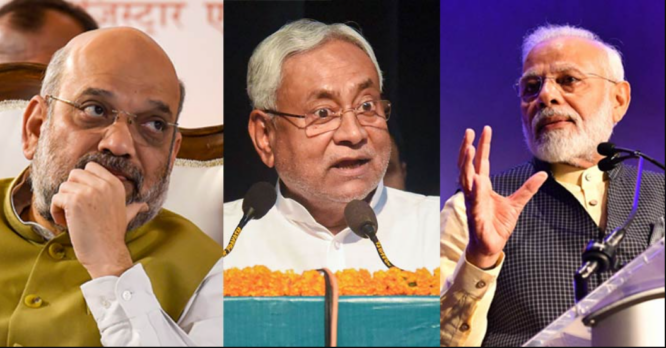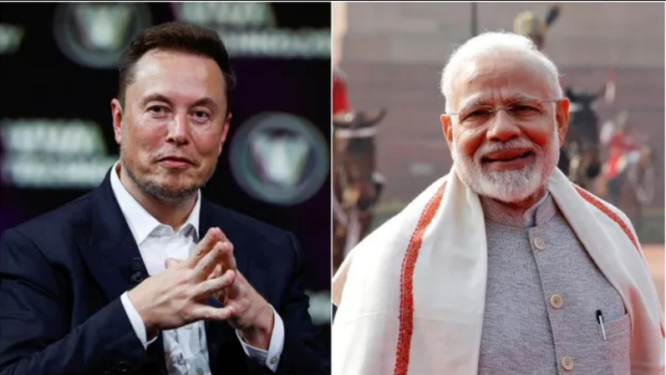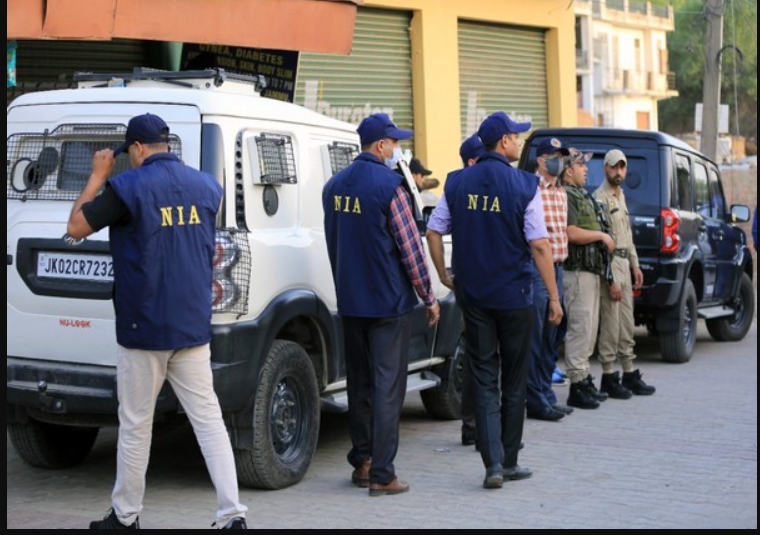Caste-based reservations in India reserve seats for historically oppressed castes. Reservations apply to higher education, government positions, and political office. All legislative bodies, including Parliament, have SC/ST seats.
Reservations are widely discussed, especially by higher castes who do not benefit from them, although they were not the sole kind of affirmative action. BR Ambedkar favored separate electorates.
On Ambedkar Jayanti (April 14), we examine Dr. Ambedkar’s views on separate electorates, Gandhi’s opposition, and how reservations won out.
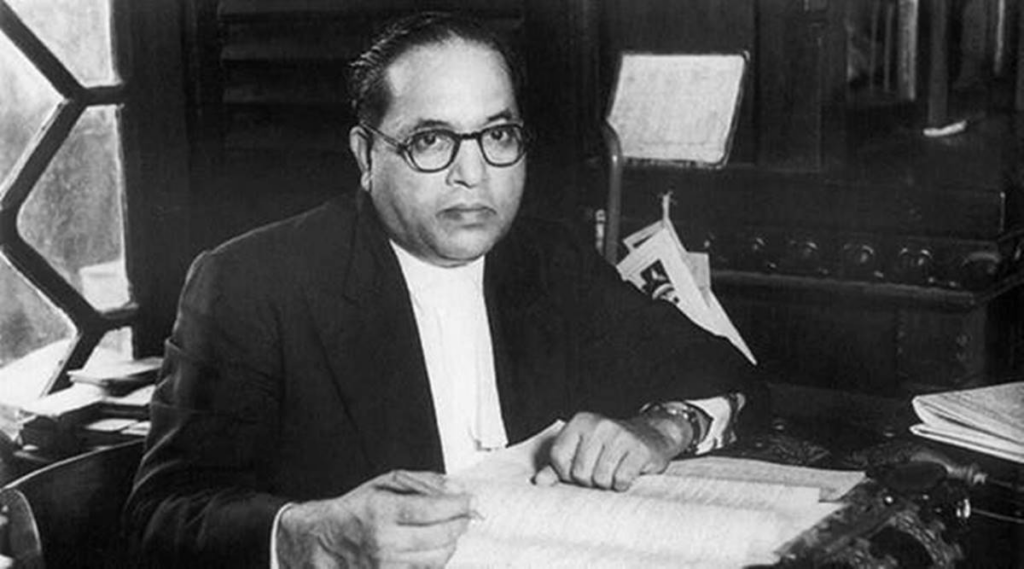
Ambedkar on caste
Dr. Ambedkar opposed caste, unlike Gandhi, who wanted to remove untouchability. He considered upper caste Hindu reformism insufficient to end millennia of prejudice. He believed that only the oppressed could overthrow the caste system.
Thus, Ambedkar promoted lower caste political power. “Nobody can remove your grievances as well as you can and you cannot remove them unless you get political power,” he wrote. He proposed separate electorates as affirmative action for lower castes.
Separate electorates: Ambedkar’s arguments
“The depressed classes form a group by themselves which is distinct and separate… and, although they are included among the Hindus, they in no sense form an integral part of that community,” Dr. Ambedkar declared during the London plenary session of the First Round Table Conference. “The Depressed Classes feel that they will get no shred of political power unless the political machinery for the new constitution is a special make,” he said.
What was his political machinery? Separate electorates with double votes for SCs to vote for SC candidates and in the general electorate. He changed his mind about communal electorates (i.e., separate electorates for Hindus and Muslims) after realizing that while they might better integrate lower castes into Hinduism, they would do little to challenge their subservient position.
“Unqualified joint electorates enabled the majority to influence the election of the representatives of the dalits community, and thus disabled them for defending the interests of their oppression against the ‘tyranny of the majority’,” he said.
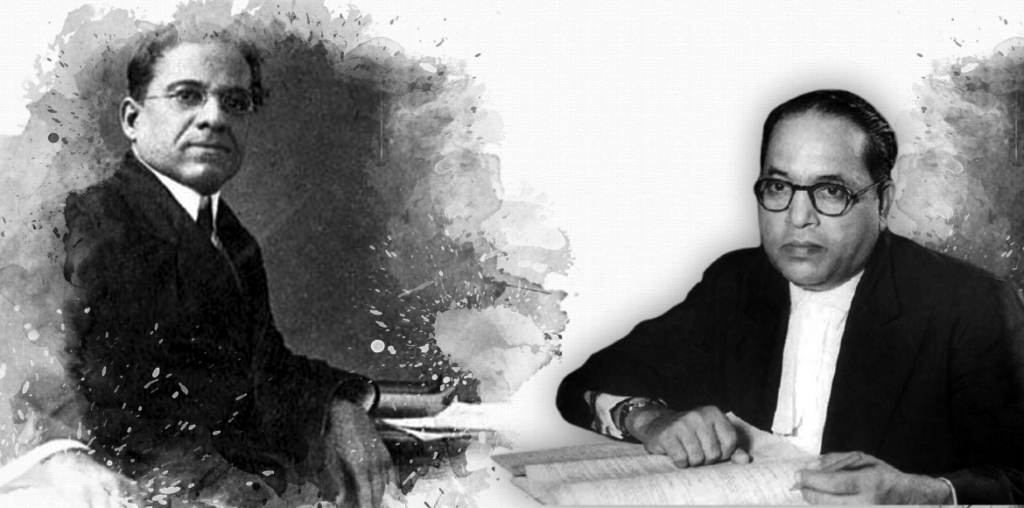
Gandhi opposed
Gandhi said separate electorates “do too little” for lower castes. Gandhi believed lower castes should control “the kingdom of the whole world” rather than just this small proportion of seats. Lower castes were unlikely to control the globe due to their material and social conditions.
Gandhi believed separate electorates would “destroy Hinduism” by dividing the community.
Two strategic considerations made this crucial. First, Gandhi realized how the British had exploited Indian society’s differences. He believed separate electorates would aid British “divide and rule”.
Second, Hindu-Muslim animosity was increasing. Separate electorates for lower castes and Muslims would divide the Hindu fold, reducing caste Hindu leadership’s authority.
Poona Pact and Yerawada quick
Gandhi began a fast till death on September 16, 1932, in Pune’s Yerawada Jail to protest the British’s caste-based electorates. Gandhi declared from his jail cell, “This is a God-given opportunity that has come to me to offer my life as a final sacrifice to the downtrodden”.
Ambedkar was in trouble. He disagreed with Gandhi’s political option, reservations, since he thought that even with reserved seats, higher castes would numerically dominate lower castes and determine which lower caste candidate to vote for, limiting social progress. However, Gandhi was the nation’s most beloved political leader, and if something happened to him, the embryonic Dalit movement may suffer, including upper caste violence against defenseless Dalits.
Gandhi persuaded Ambedkar to join the Poona Pact unwillingly. The deal removed separate electorates but ensured lower caste reservations.
Ambedkar never accepted this result. “The Joint Electorate is from the point of the Hindus to use a familiar phrase a “Rotten Borough” in which the Hindus get the right to nominate an untouchable to set nominally as a representative of the untouchables but really as a tool of the Hindus,” he wrote in What Congress and Gandhi have done to the Untouchables.


